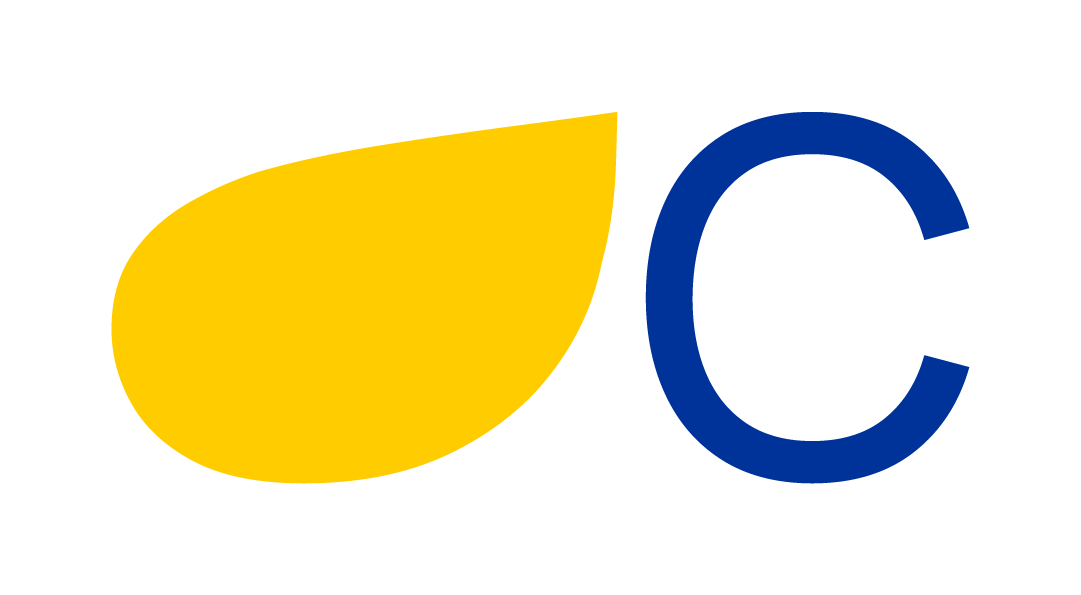CAPABLE Kick‐off meeting
Held on February 28th & March 1st, 2023: RFF‐CMCC European Institute on Economics and the Environment, CMCC c/o Cariplo Factory, Learning Rooms, Via Tortona 56, 20143 Milan, Italy.
Overview of the CAPABLE project
DAY 1 – The main objectives of our first live encounter were to getting to know each other, to detail objectives and responsibilities for Months 1 to 12, to draft an outline of surveys and to set up the important stakeholder engagement process.

Massimo Tavoni, director of RFF‐CMCC briefly introduced the institutes and their related general mission.
To kick-off the day and the discussions, he tried to raise the main open questions about climate and energy policy coming from the industry sector that the CAPABLE project should take into consideration in its future lifespan: 1) Policy Credibility and 2) Fragmentation of the policies implemented by countries.
- Each country responds in a different way to face the net‐zero pathway. So what is really worth? Which policy works better?
Johannes Emmerling, coordinator of the project, then introduced the CAPABLE project mentioning the overall objectives, describing all WPs, Methods, Empirics and Models, and highlighting the key objectives. Johannes Emmerling also started with one main simple question:
- How to change an increasing trend?
Four points were mentioned as drivers for CAPABLE research activities:
- Key role of social and political dynamics
- Not only most efficient policy solutions but also take into account social and political feasibility
- Key role of public acceptance & distributive conflicts
- Importance of an interdisciplinary team & approach
The day was then followed by an ice breaking group and self‐presentations to get knowing each other. A very interesting and useful exercise, try it, if you don’t know it! We splitted the participants in groups of three people, with the task to ask each other 3 questions in 10 minutes: 1) What is your background? 2) Why you do what you do? 3) What do you do when you do not work? . At the end, back together, each participants had to shortly introduce another person to the whole group.

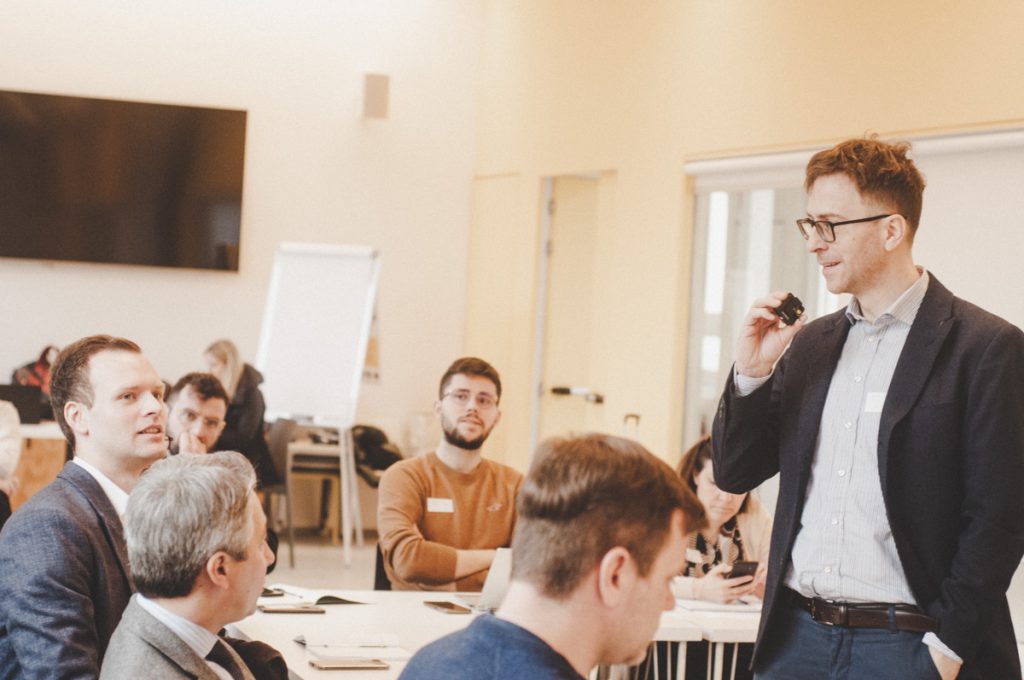
COMUNICATIONS FROM THE EC
After this informal session, we had two talks on Zoom from the European Commission. The first was from Katarzyna Drabicka, Policy Officer, Directorate General for Research of Innovation, European Commission, who made a few important points:
- Policy making is the key objective for the European Commission. Great importance of having economists and behavioral scientists but more influence is needed from environmental economists through an improvement of methods and tools;
- The fundamental role of impact assessment and policy design: half of the global GDP depends on nature (biodiversity crisis)
- Innovation and technological change are key factors to set up the future policies
- Fair transition means inter‐generational justice as well as intra‐generational fairness
- Uncertainty is important including policy uncertainty

One of her main recommendations was to strengthen the link with the ENGAGE project and to leverage what this project has done so far for climate and energy policy.
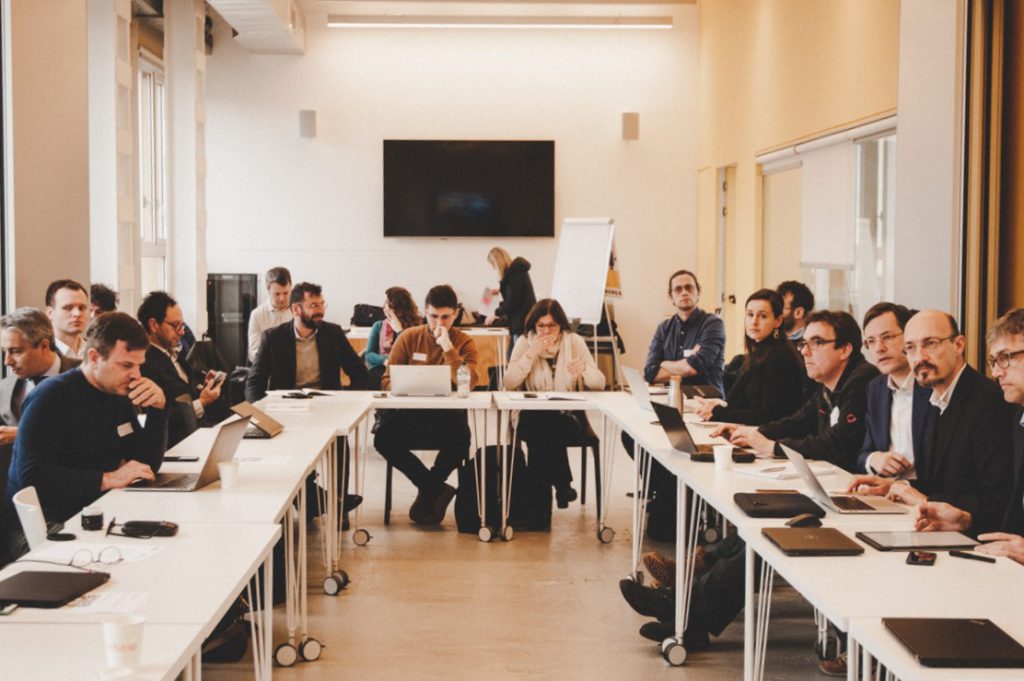
Carolina Mateo Cecilia, Project Officer of the CAPABLE project, CINEA Executive Agency, European Commission mainly informed the consortium about the important role of CINEA within the EC and about relevant administrative issues. Her key points concerned:
- CINEA is in charge of the whole cycle of project implementation, from evaluation of proposals to policy feedback to DGs – final goal is to facilitate policy feedback
- It is important to highlight if there is any connection with PNNR funds
- EC supports the monitoring of the project and facilitate policy feedback
- Details about implementation of the Grant Agreemen
Getting to know each other
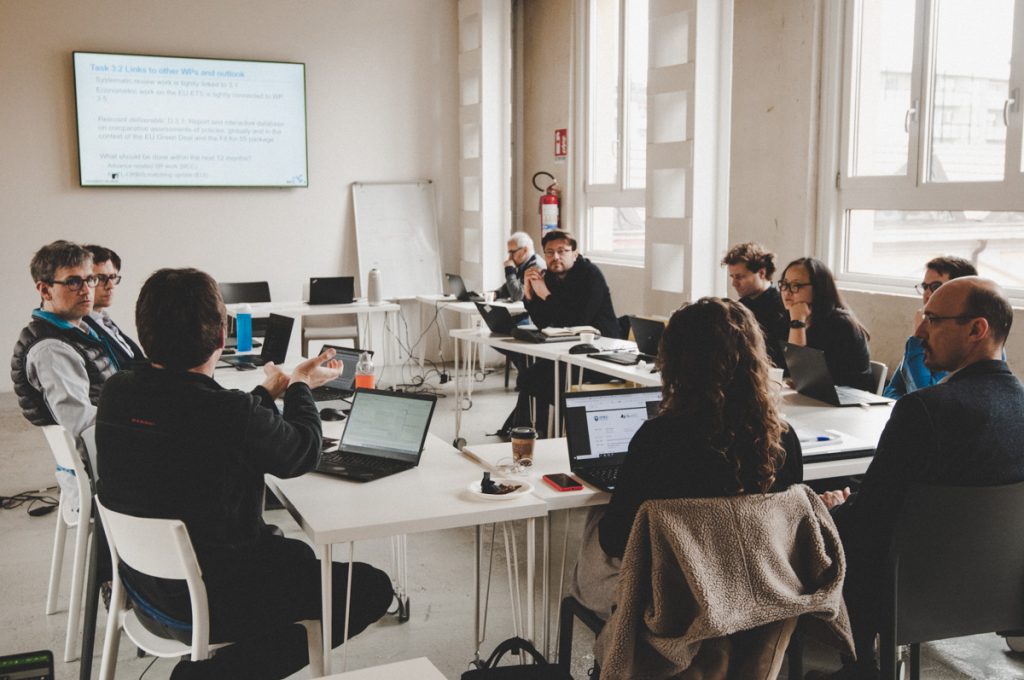
These introductions have then been followed by a roundtable of the partners presenting their institutions, their roles in CAPABLE and the people involved in each of the tasks of the project. At the end of the day, we headed for a fun team building activity in the Milan city center organized in 4 groups followed by a social dinner for everyone.
DAY 2 – We started the day with parallel sessions for each of the workpackages, followed by a discussion on online tools and map of policy instruments, and on the Project Steering Committee ending the day with a wonderful social event: tour visit to the Last Supper by Leonardo Da Vinci followed, eventually, by an informal dinner.

